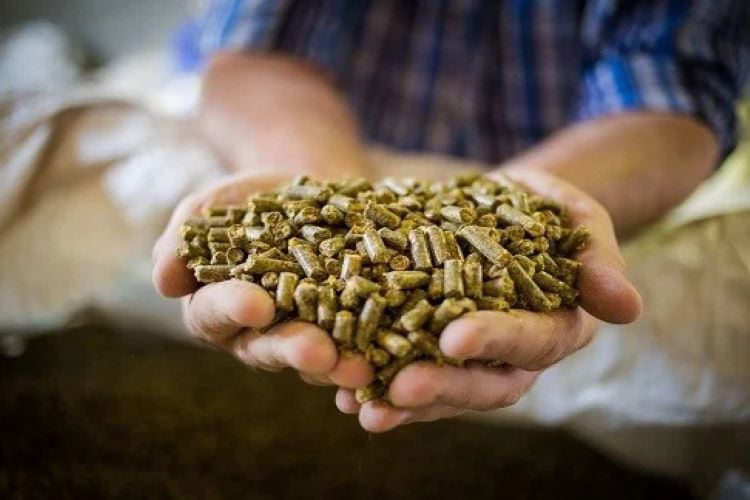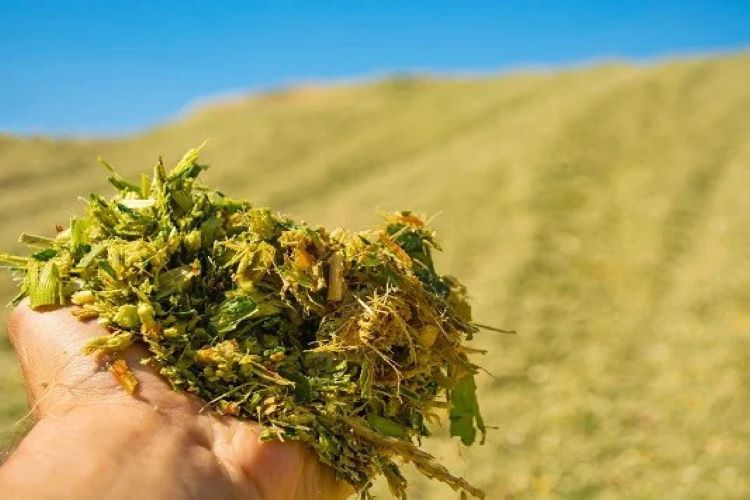
In-line Moisture Management
Managing the moisture content in feed formulations is critical as it can compensate for weight losses during feed processing, it can also preserve the shelf life of products and allow for uniform quality of finished feed.
Selko offers various moisture management systems, fitting for all sizes of feed mill production plants. One of these systems is the Moisture Management System (MMS) as part of the Feed Processing & Quality programme. MMS is a self-regulating solution that helps address issues causing variability and feed safety concerns during feed processing. A microwave sensor is installed below the mixer, in the unloading bunker. The sensor sends actual moisture level of the compound feed to the MMS, which compares the data with a set point and adjusts the dosage of the hydrated solution immediately.

